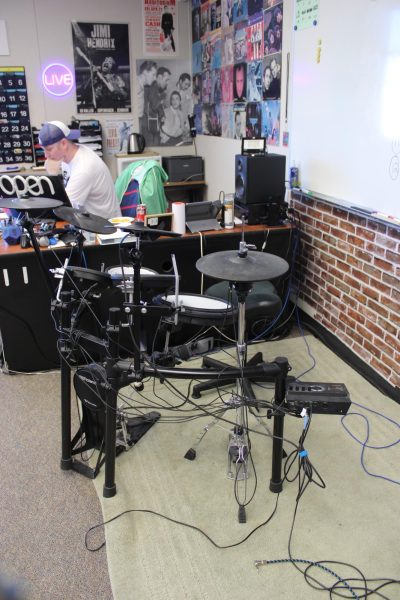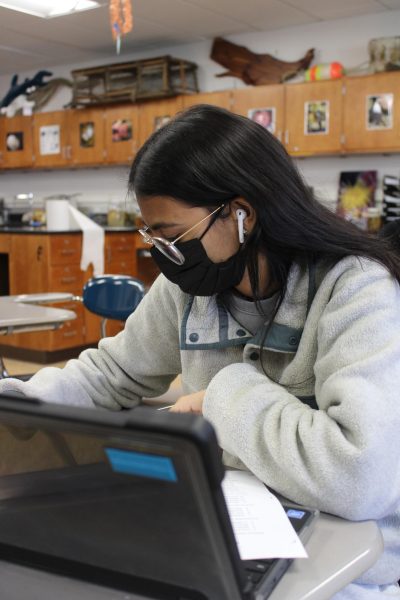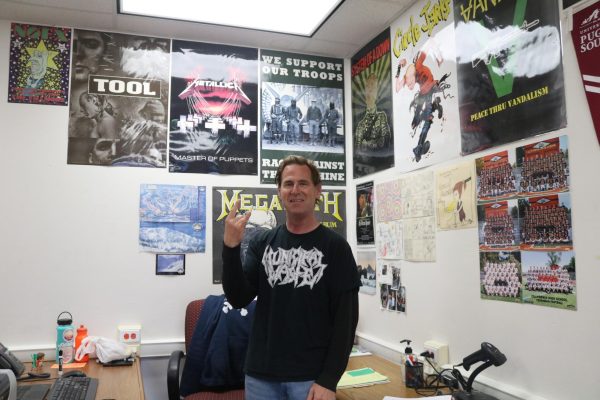Violence at political rallies is not justified
Violence has become commonplace at political rallies during this current presidential race.
Clashes between protesters and attendants forced an early end to a Donald Trump rally in Chicago in March 2016. Demonstrators were seen wearing “Vote for Trump, you get jumped” T-shirts and flying communist flags in protest long before Trump even arrived.
The rally was postponed and several fistfights erupted between protesters and attendants, requiring intervention by the Chicago Police Department.
There have been 13 major violent incidents at Trump rallies since Oct. 14, according to Slate magazine. These incidents range from attendants spitting in the faces of protesters to protesters rushing the stage.
Punches have been thrown from both sides, but who is to blame for the violent actions at Trump rallies? Many point the finger at Trump himself.
“There are real consequences for the words that someone speaks when they are a presidential candidate, or ultimately as the president,” Senator Marco Rubio said in response to the events at the Chicago rally.
Trump has been known for his crass way of speaking.This has appealed to many voters, but it has repelled many as well, some to the point of violent action.
No matter the cause, violent outbreaks at rallies from either side are unjustifiable.
Protesters claim to be fighting against fascism by using violence and intimidation tactics to coerce people into not voting a certain way, much like fascists.
Attendants have been known to deal with protesters in the same violent manner. In a sense, arguments are met with punches rather than counterarguments.
Blaming Trump for the violent actions of other people is counterproductive to solving the real issue: people who cannot control their emotions.
To say Trump’s words have “real consequences” is to say that he is responsible for the actions of others in response to them.
By this same logic, the French magazine Charlie Hebdo was responsible for the shootings in their offices by jihadists who were offended by a cartoon of the prophet Muhammad published in 2015.
Non-aggressive actions should never be met with aggression. Trump has called for violence, but his speech is not in of itself an act of violence.
These protesters and attendants are not acting in defense of their well-being. They are acting out in defense of their feelings.
Instead of fighting dissenting opinions violently, they should be handled rhetorically. If either side is truly knowledgeable about their cause, issues can be argued in order to come to a mutual understanding.
After all, the last action of a person with no argument is often a punch in the face.









